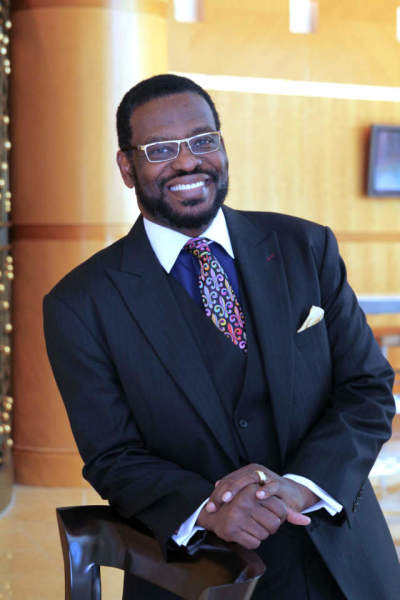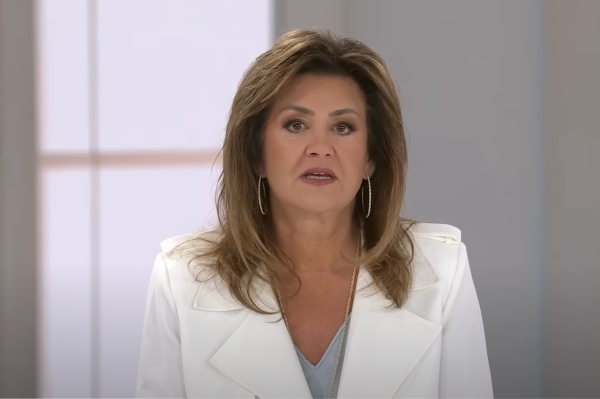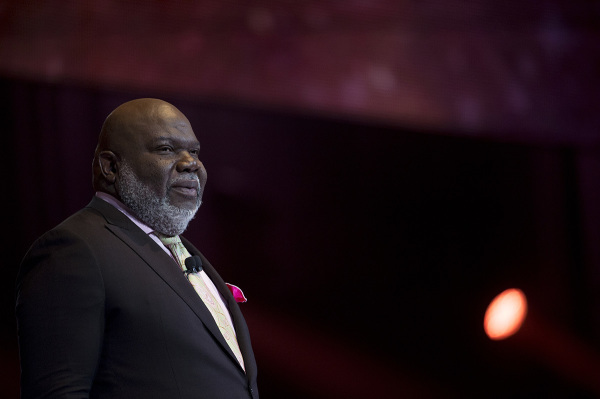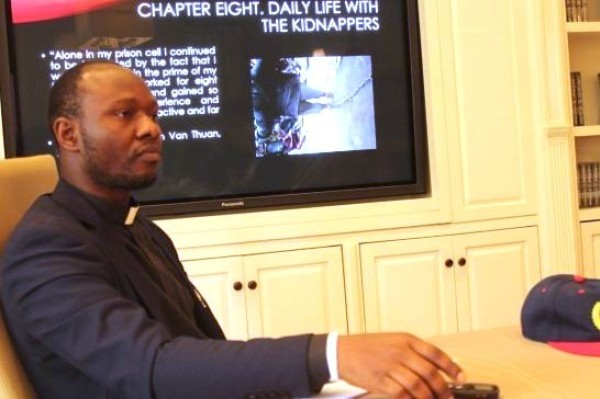One Key Ingredient to Heal the Black-White Education Gap

"You're getting your inheritance early."
Those were my father's words to me as he explained that he was taking money that he might have left me in his will and spending it on my private school tuition. My father's reasoning was that I would be able to create more wealth for his grandchildren if he invested in my education.
Thanks to his wisdom, I would go on to graduate from Williams, one of most prestigious liberal arts colleges in the nation and to obtain my MBA from Harvard.
Besides my parents' willingness to sacrifice for my education — a decision my wife and I also made with our own two daughters — there was another key facet of my upbringing that a growing body of research has demonstrated to be extremely helpful to academic achievement. I was born to married parents, and they stayed married. This has turned out to be more important to long term success than both household income and race.
A recent study of Florida schools revealed a paradox: highly ranked schools were producing only modest student achievement. But a deeper look turned up a likely explanation. The Institute for Family Studies found that, "the share of married-parent families in a county is one of the strongest predictors of high-school graduation rates for Florida counties; indeed, it's a more powerful predictor than family income, race or ethnicity."
It is not hard to imagine why children growing up in households headed by married couples generally have better educational outcomes. Married couples are typically able to provide more emotionally and financially stable environments for children, offering them more attention, supervision and opportunities than most single parents are able to provide. Naturally, the fact that far more black families are headed by single parents has implications for black educational achievement.
In short, to close the education gap, we need to work on closing the marriage gap, something which is widely misunderstood.
For several years, conventional wisdom has maintained that traditional marriage is a thing of the past. Although marriage is indeed declining among Americans of all races and income levels, it is declining far more quickly in certain demographic groups.
Writing in Fivethirtyeight, Ben Casselman explained, "Affluent, college-educated Americans are increasingly delaying marriage until their 30s. But they aren't abandoning marriage altogether; in fact, they appear likely to get married at close to the same rate as past generations. They rarely have children outside of marriage, and they are relatively unlikely to get divorced."
Meanwhile, lower income, less educated Americans are not just delaying marriage; many are forgoing it altogether. When they do get married, they are also much more likely to get divorced.
The loosening of sexual morality — which cuts across class and income — has had a disproportionately destructive effect on the poor and less educated. Out of wedlock childbearing leads to children being raised in less stable environments and increases the likelihood that those children will not graduate from high school. The answer that is most often put forward for this is greater access to condoms to mitigate the consequences of sexually promiscuous behavior. Yet a recent study conducted by the University of Notre Dame entitled The Incidental Fertility Effects of School Condom Distribution Programs, found that access to condoms in schools led to a 10 percent increase in teen births, rather than a decrease.
Unfortunately, if these trends aren't addressed effectively, the alarming inequality in our society will only get worse. The best curriculum and the most dedicated teachers can never fully compensate for dysfunctional or unstable families. So what can we do to strengthen families? It stands to reason that if married parents have such a positive effect on student performance, we should at the very least eliminate policies that punish couples for marrying. The government may be limited in its ability to help families, but it certainly shouldn't undermine them.
Beyond public policy, I believe communities of faith are uniquely suited to strengthen marriages and to encourage and facilitate parents' involvement in their children's education. Churches, synagogues and temples can and must fearlessly preach the value of marriage. They should actively encourage young people to enter into healthy marriages and offer both living examples of successful marriages as well as learning opportunities for skills such as communication, home management and the care and discipline of children.
Faith communities can also support the education of children of single parents. In addition to supervised study time and tutoring, they can provide mentorship for the aspects of achievement that are not directly related to academics. These include things like helping parents interact with teachers and school administrators and assistance with the college selection and application process.
Any plan to heal the racial divide must address the education gap. And no plan to close that gap will succeed unless it works to strengthen families.






















